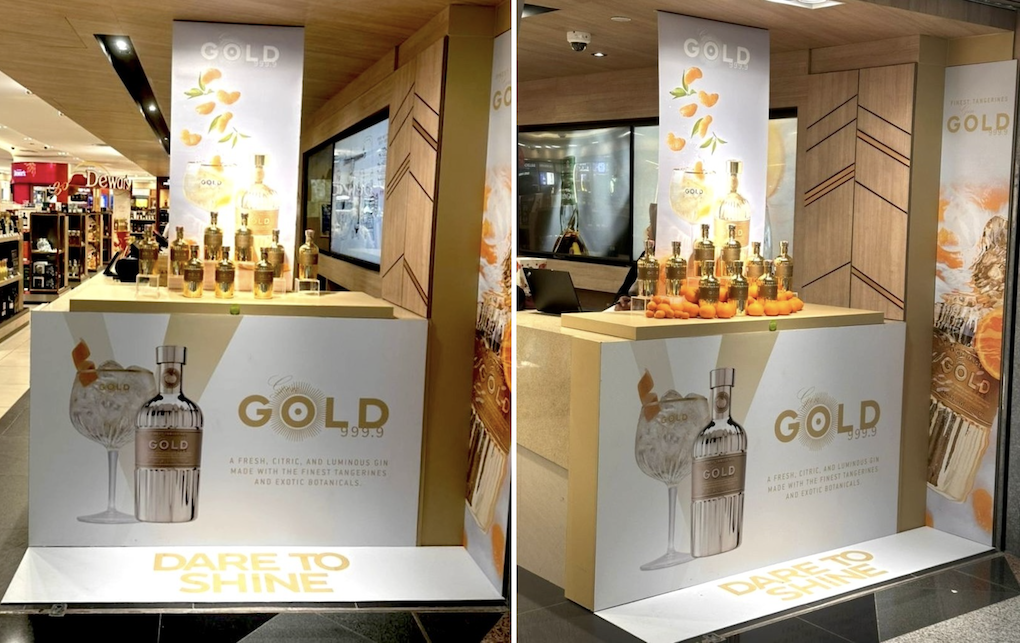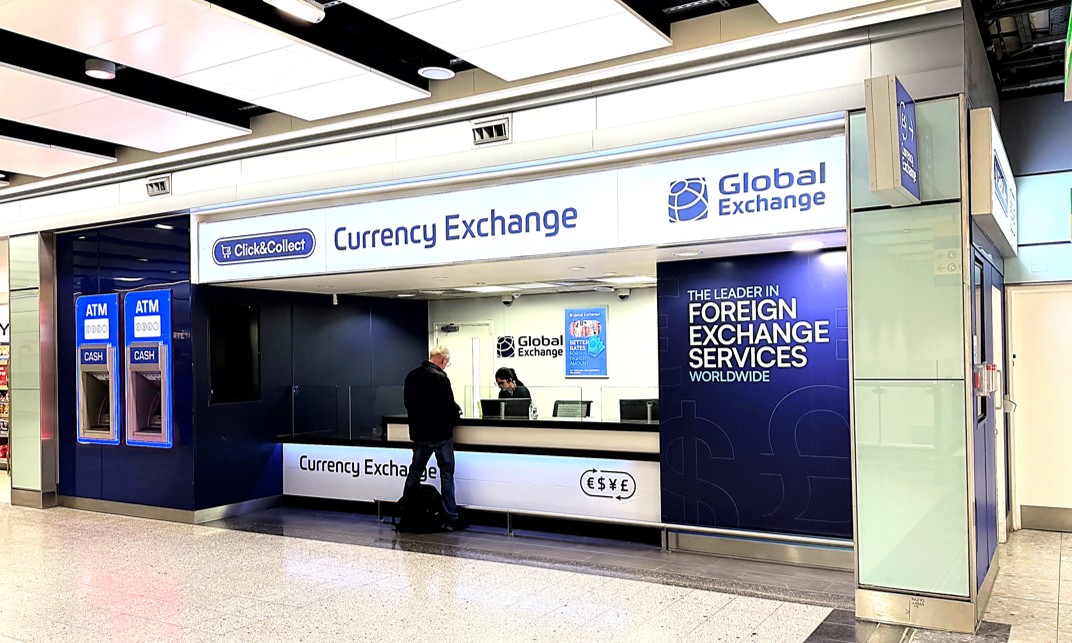SOUTH KOREA. Amid the widespread business disruption caused by COVID-19, duty free retailers in Korea have asked the government for temporary approval to sell inventory to domestic department stores and other outlets.
Leading duty free retailers told The Moodie Davitt Report that negotiations with Korea Customs Service began on 7 April. Industry representatives have asked KCS to temporarily allow the sale of duty free goods (led by fashion, watches and other accessories) into domestic channels (sold duty paid) and to allow foreign nationals – including Chinese resellers – to mail their purchased goods directly from the store to overseas destinations.
If the industry’s proposals are accepted, it would mark the first time that government-approved duty free goods are sold through non-duty free channels in Korea. Current regulations stipulate that unsold duty free goods should either be incinerated or discarded.


Cosmetics, the single largest category in Korea’s duty free market (41.1% of the total duty free market sales in H1 2019) is not part of the negotiation. The focus is on selling items that will lose value if they are not sold within season – with fashion & accessories to the fore. Cosmetics were excluded because the Customs procedure to reclassify the products for domestic use is more complicated and even with VAT and customs duties reapplied, items would still be cheaper than the domestic non-duty free channel.
Sales to foreigners accounted for 84% of Korea’s total duty free market last year and sales to Chinese nationals, largely corporate resellers, have been a major growth driver for the industry. At present, foreigners are able to sign for their purchases and deliver those products via parcel delivery to their homes from the departure gate duty free pick up zone. This request by the duty free industry however would allow foreigners to place delivery orders at downtown duty free stores or the export pick-up counter in Incheon City.

Regulations to promote the sale of domestically-produced goods allow foreigners to pick up their goods from downtown duty free stores at present. If the government accepts the industry’s proposal it would allow foreign nationals to purchase non-Korean products more conveniently.
According to Korean media, logistics centres operated by duty free retailers are over-stocked with products. Goods that are coming into storage now are based on demand and orders that predated the spread of the coronavirus.
The opportunity to resell unsold inventory would give Lotte Duty Free and Shinsegae Duty Free an edge over close rival The Shilla Duty Free. Unlike Shilla, both Lotte and Shinsegae are divisions of larger retail powerhouses that operate department stores and other outlets.
Industry stakeholders and the government are reviewing how to distribute the duty free goods back into Korea’s domestic channels. Korean media report that brands currently not selling in department stores would be prioritised and could be presented in pop-up stores. Also, duty free employees currently without work may be re-employed to help sell the goods should the government accept the industry’s proposals.
A request by the duty free industry to allow for a more efficient distribution of unsold inventory was made initially by the duty free industry as it struggled with a collapse in Chinese group tourists following the THAAD anti-missile dispute between China and Korea in 2017. Although the government rejected such requests then, Korean media sources report that the government is more flexible and may be willing to cater to the coronavirus-stricken industry today.


















